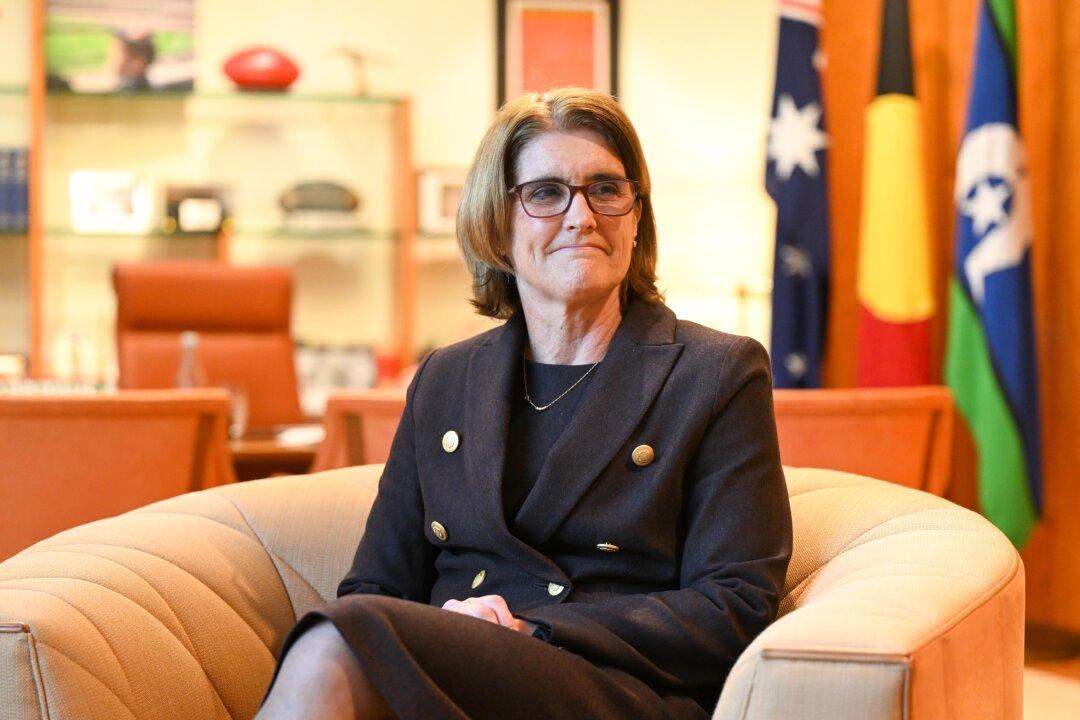Commentary
The job of Reserve Bank of Australia’s (RBA) governor might be one to dodge at the moment, but having waited 38 years for the opportunity I guess new Governor Michele Bullock was not going to say no.

The job of Reserve Bank of Australia’s (RBA) governor might be one to dodge at the moment, but having waited 38 years for the opportunity I guess new Governor Michele Bullock was not going to say no.